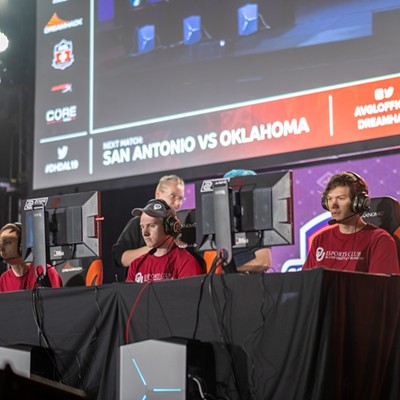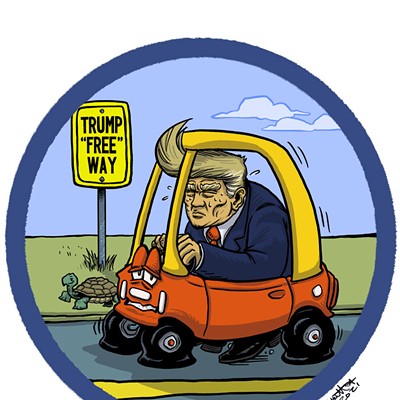Today, “public education” is coming to mean something different: We want an “educated public” — and it doesn’t matter where that education takes place.
Most students still go to the school closest to their house. But did you realize that in Florida, for example, nearly half the students (43 percent) go to a school other than their neighborhood one? Kids attend charter schools, home schools, private schools (with the help of state-backed scholarships), online schools and more.
In Indiana, more than half the student population is eligible for private school vouchers. Most voucher students are from metropolitan areas, but 30 percent come from suburban or rural areas.
Oklahoma parents have plenty of choices, too.
» Nearly 25 charter schools exist statewide. A new one, the John W. Rex Elementary School, will open in downtown Oklahoma City this year.
» Tax-credit scholarships enable parents to choose private and religious schooling options. For example, Jacob and Judith Suarez — he works for Marianne’s Rentals, and she cleans houses — now can send their four children to Catholic schools, and the private donors who make it possible get a tax credit.
» Oklahoma’s special-education students can get the personalized attention they need at private schools. So far, about 200 Oklahomans, many of whom were bullied in public schools, now receive scholarships to attend private schools. (Go to YouTube and type in “Lindsey Nicole Henry Scholarship Stories.”)
» Thousands of Oklahoma children are part of the nation’s fastest-growing educational sector: homeschooling.
“There is no other complex field in our society in which do-it-yourself beats out factory production or market production,” Nobel Prize-winning economist Milton Friedman once said. “Nobody makes his or her own car. But it still is the case that parents can perform the job of educating their children, in many cases better than our present education system.”
Many other choices exist (open enrollment, magnet and specialty schools, virtual schools and more), with more on the horizon. Oklahoma policymakers are now considering Arizona-style education savings accounts, which allow parents to bank some of their child’s per-pupil funding and use it for private school tuition, tutoring, online classes, educational therapy or a customized mix of options.
A heavily unionized government monopoly is not the best system for delivering mail — or education. And just as email and Facebook are killing the government’s postal monopoly, disruptive innovation is coming to education, too.
In the information age, parents have more choices than ever. Pennsylvania state Sen. Anthony Williams, a liberal African-American Democrat, calls it an “antiquated belief” that the existing public school system has “the right of first refusal when it comes to educating our children. An innovative and productive public education system can include home schooling, parochial schools, private schools, cyber schools, public charter schools and, yes, traditional public schools — all of which I support.”
Dutcher is senior vice president at the Oklahoma Council of Public Affairs, a free-market think tank.











